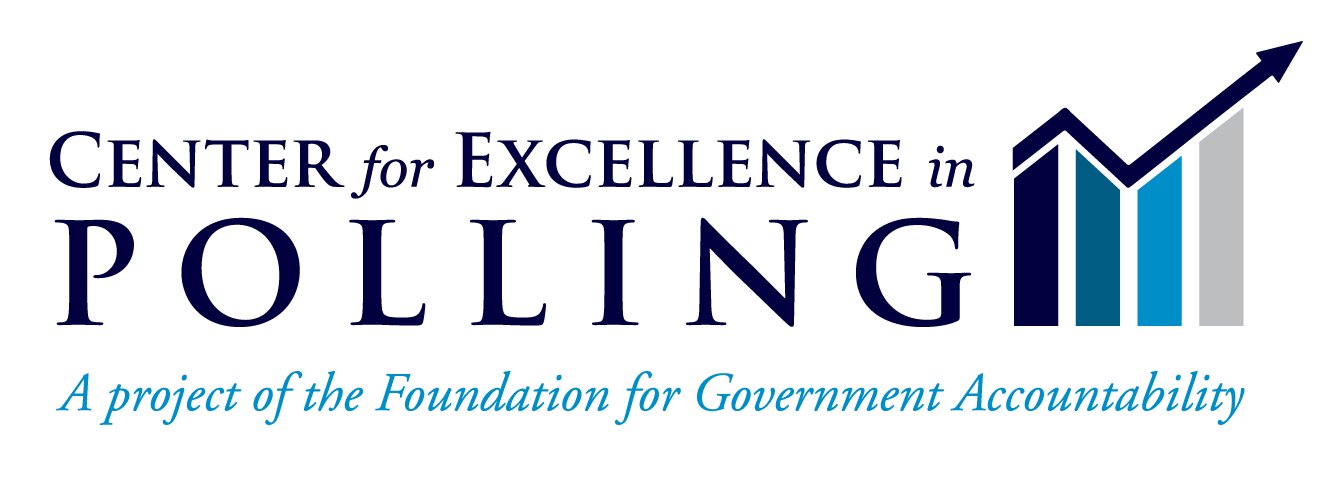Publication date: June 8, 2023
Written by: Sarah Coffey
The Center for Excellence in Polling recently surveyed likely Alabama voters to gauge their opinions on important matters in the state. Results show that Alabamians are opposed to politically motivated investing strategies like environmental, social, and governance (ESG) investing, and support reforms that will keep Alabama’s elections secure and prioritize work in welfare programs.
Support and oppose percentages combine “strongly support” with “somewhat support” and “strongly oppose” and “somewhat oppose” responses.
Alabama voters oppose ESG
Likely Alabama voters overwhelmingly oppose politically motivated investing strategies like environment, social, and governance (ESG) investing. Nearly 60 percent of likely voters say they oppose investing taxpayer money in banks and investment funds that make business decisions based on their political agenda. There is also support for actions the attorney general or other executive office in the state could take to fight back against ESG:
80%
support an investigation by the attorney general or other executive office into institutions that fail to act in their clients’ best financial interests.
65%
support an investigation by the attorney general or other executive office into banks and financial institutions that refuse to do business with certain industries for political reasons.
64%
support the attorney general or other executive offices investigating banks and financial institutions that make investment decisions based on a political agenda without informing their clients.
63%
support efforts by the attorney general to stop investors from considering political factors when investing for clients.
57%
support the attorney general challenging a rule requiring companies to report on their real or potential climate impact to investors.
Voters want election crimes to be investigated and welfare to be focused on work
A majority of voters are somewhat or very concerned about crime rates in Alabama (92%), more so in the state’s cities (72%) than in suburban or rural areas. Respondents expressed strong support for making sure bad actors in elections are investigated: 81 percent support the creation of a special unit that investigates election law violations.
Meanwhile, there is strong support for prioritizing work in welfare programs. Three-quarters of likely voters support a 20-hour-per-week work requirement for able-bodied adults without young children in Medicaid (75%), and an even slightly higher percentage (78%) support such a work requirement in food stamps.
